As a leading supplier of camping sleeping gear in China, kassico is committed to developing a wide range of high quality camping lights and providing excellent service all over the world. kassico can provide a wide range of sleeping gear products such as tents, sleeping bags, hammocks, camping mats, etc. Best sleeping gear develops and manufactures wholesale high quality products with rich experience and we have perfect after-sales service and technical support. We look forward to your cooperation!

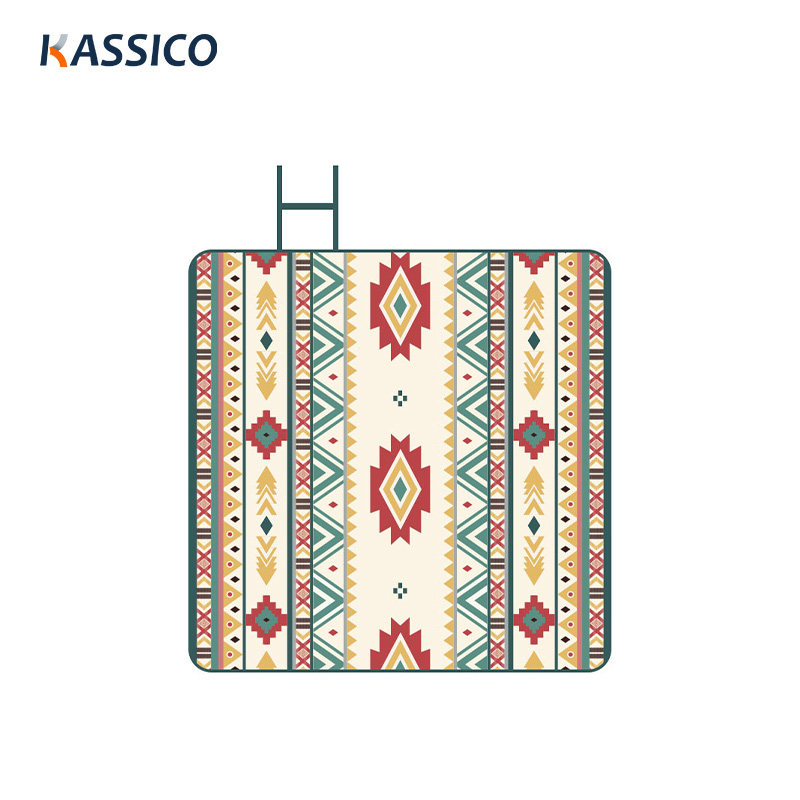 National Style Waterproof Oxford Camping Picnic Mat
KSC-PM9015
National Style Waterproof Oxford Camping Picnic Mat
KSC-PM9015

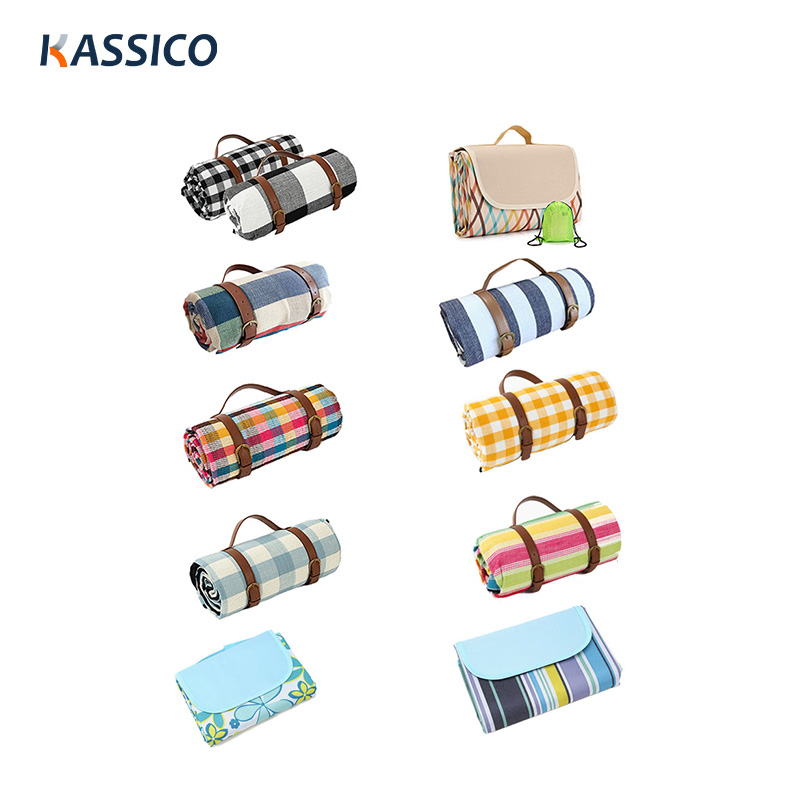 Custom Print Waterproof Beach Mat, Sand Blanket
KSC-PM9013
Custom Print Waterproof Beach Mat, Sand Blanket
KSC-PM9013

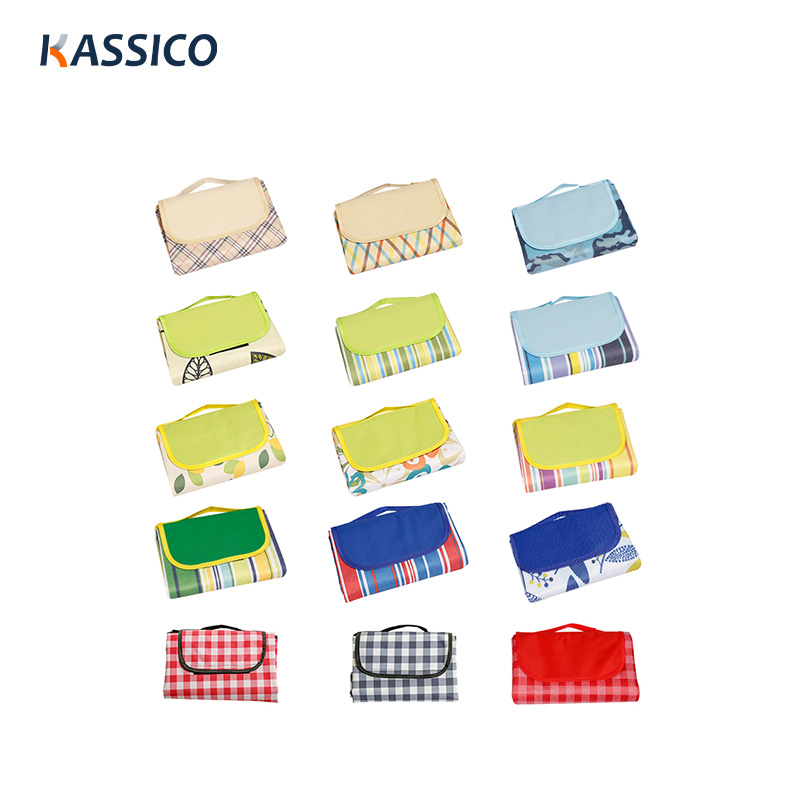 30 Design Outdoor Folded Oxford Picnic Mats & Beach Pads
KSC-PM9016
30 Design Outdoor Folded Oxford Picnic Mats & Beach Pads
KSC-PM9016
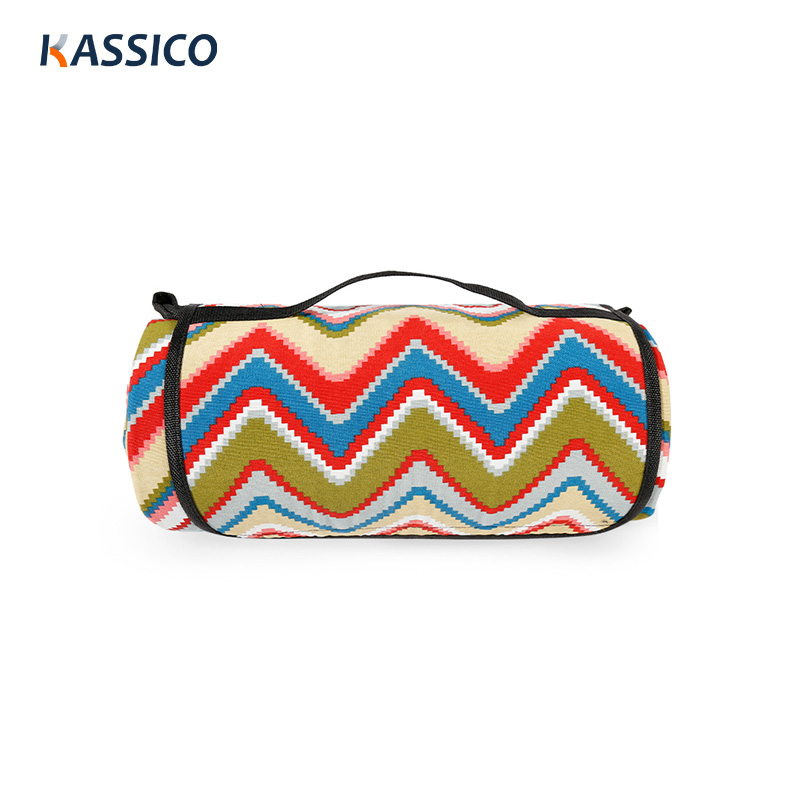 Outdoor Fashion Design Picnic Blanket Mat
KSC-PM9020
Outdoor Fashion Design Picnic Blanket Mat
KSC-PM9020
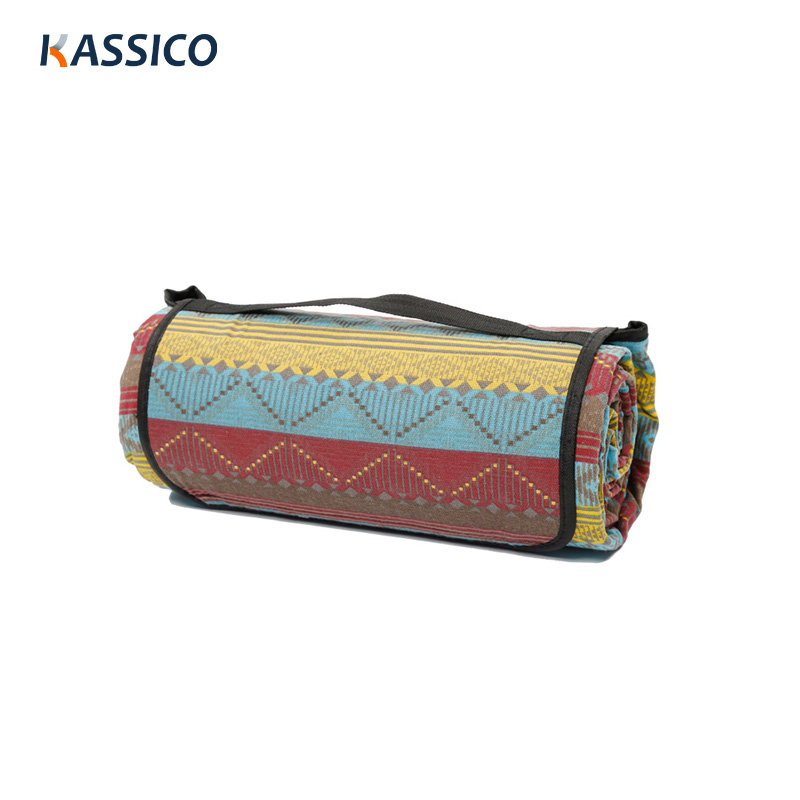 Outdoor Moisture Proof Camping Picnic Mat With Stripe Pattern
KSC-PM9022
Outdoor Moisture Proof Camping Picnic Mat With Stripe Pattern
KSC-PM9022
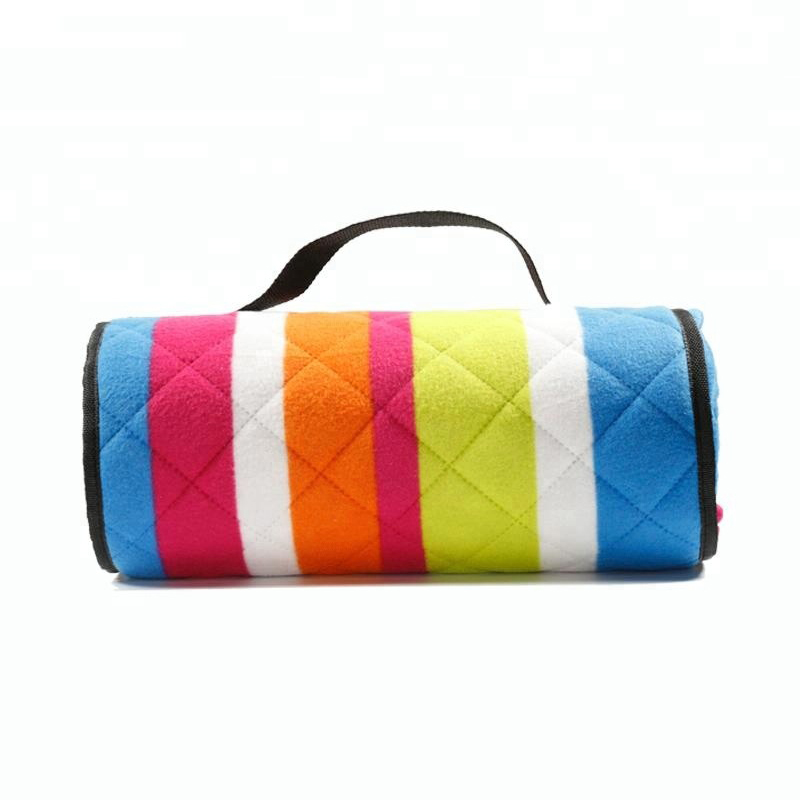 Outdoor Camping Foldable Rainbow Color Beach Picnic Mat
KSC-PM9024
Outdoor Camping Foldable Rainbow Color Beach Picnic Mat
KSC-PM9024
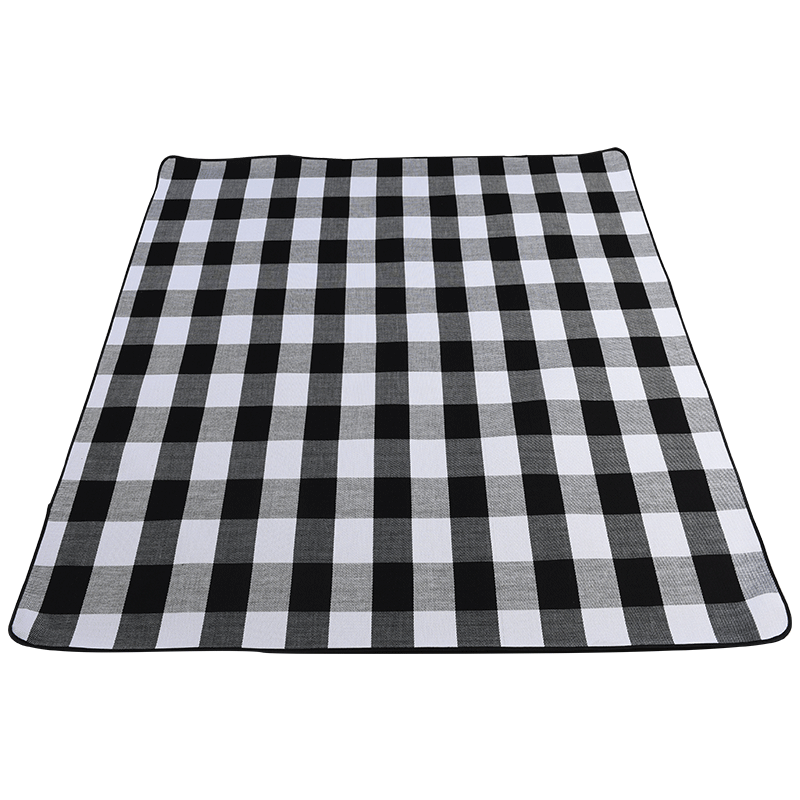 Extra Large Multiple Colors Gingham Picnic Pad
KSC-PM9018
Extra Large Multiple Colors Gingham Picnic Pad
KSC-PM9018
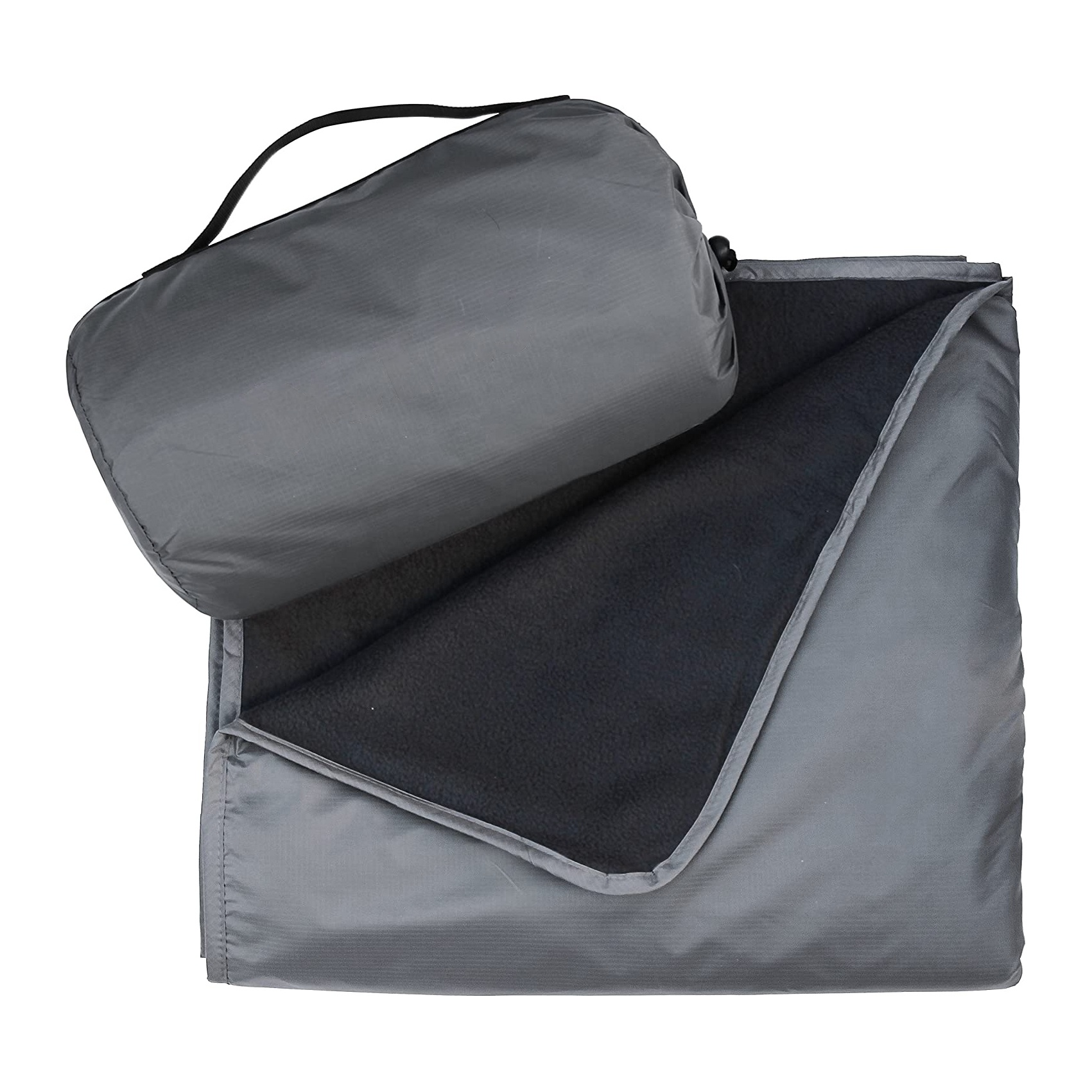 Outdoor Camping Warm Picnic Blanket - Comfortable Soft Fleece Blanket
CM016
Outdoor Camping Warm Picnic Blanket - Comfortable Soft Fleece Blanket
CM016
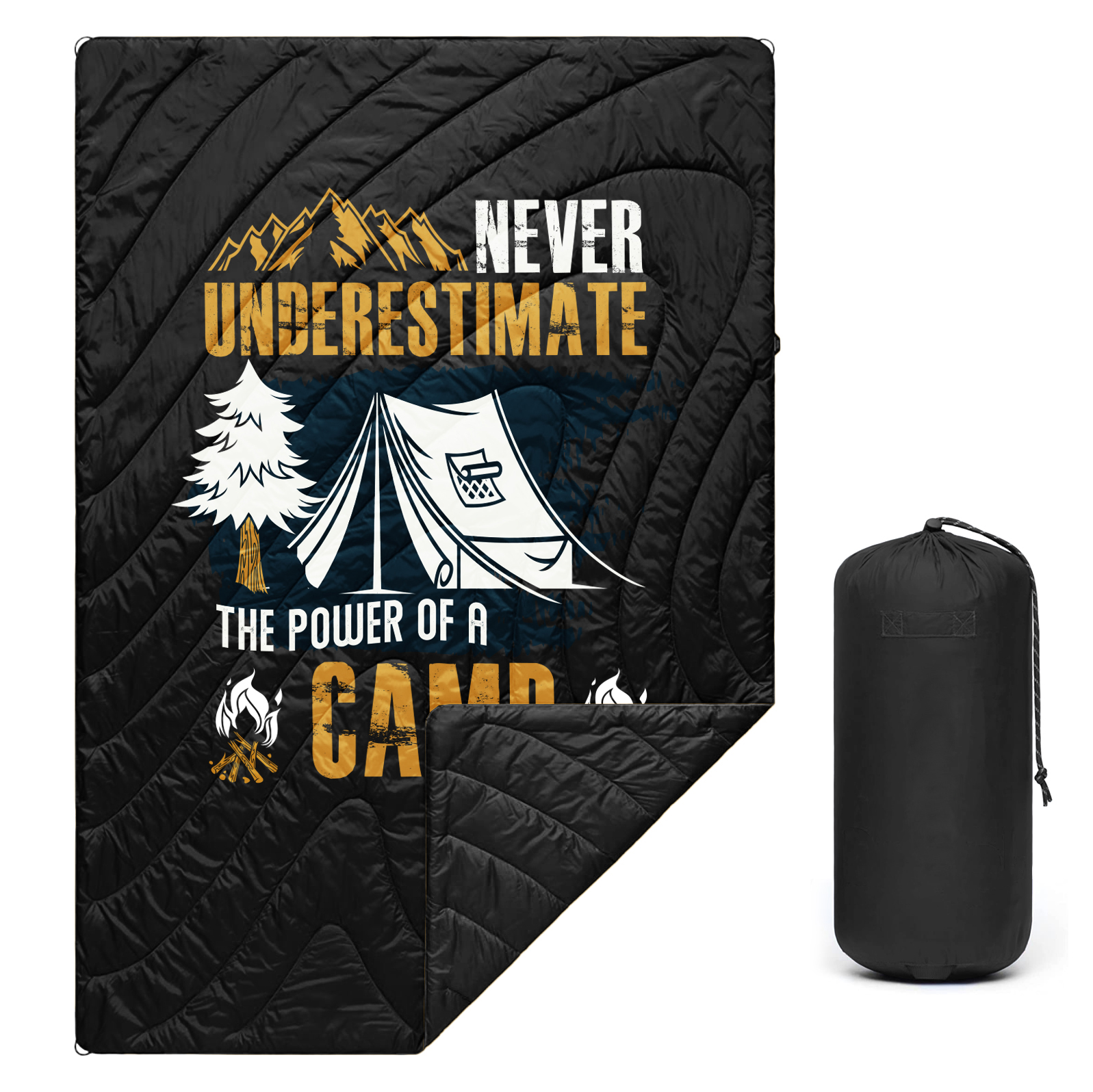 Outdoor Camping Warm Blanket For Travel - Hiking, Fishing & Hunting
CM017
Outdoor Camping Warm Blanket For Travel - Hiking, Fishing & Hunting
CM017
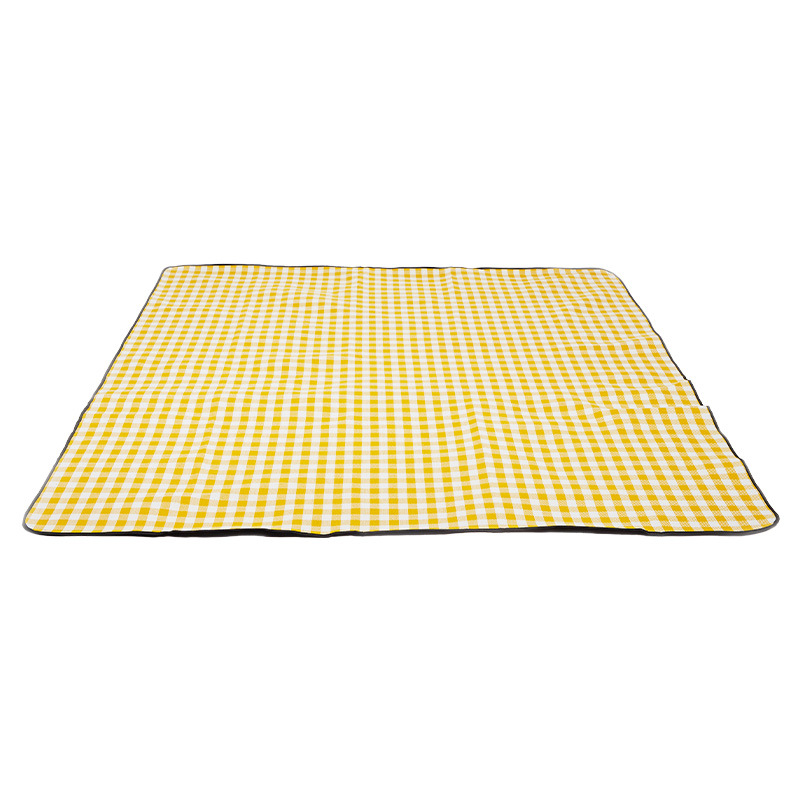 Acrylic beach mat Outdoor picnic mat Foldable moisture-proof mat Camping thickened camping blanket
Acrylic beach mat Outdoor picnic mat Foldable moisture-proof mat Camping thickened camping blanket
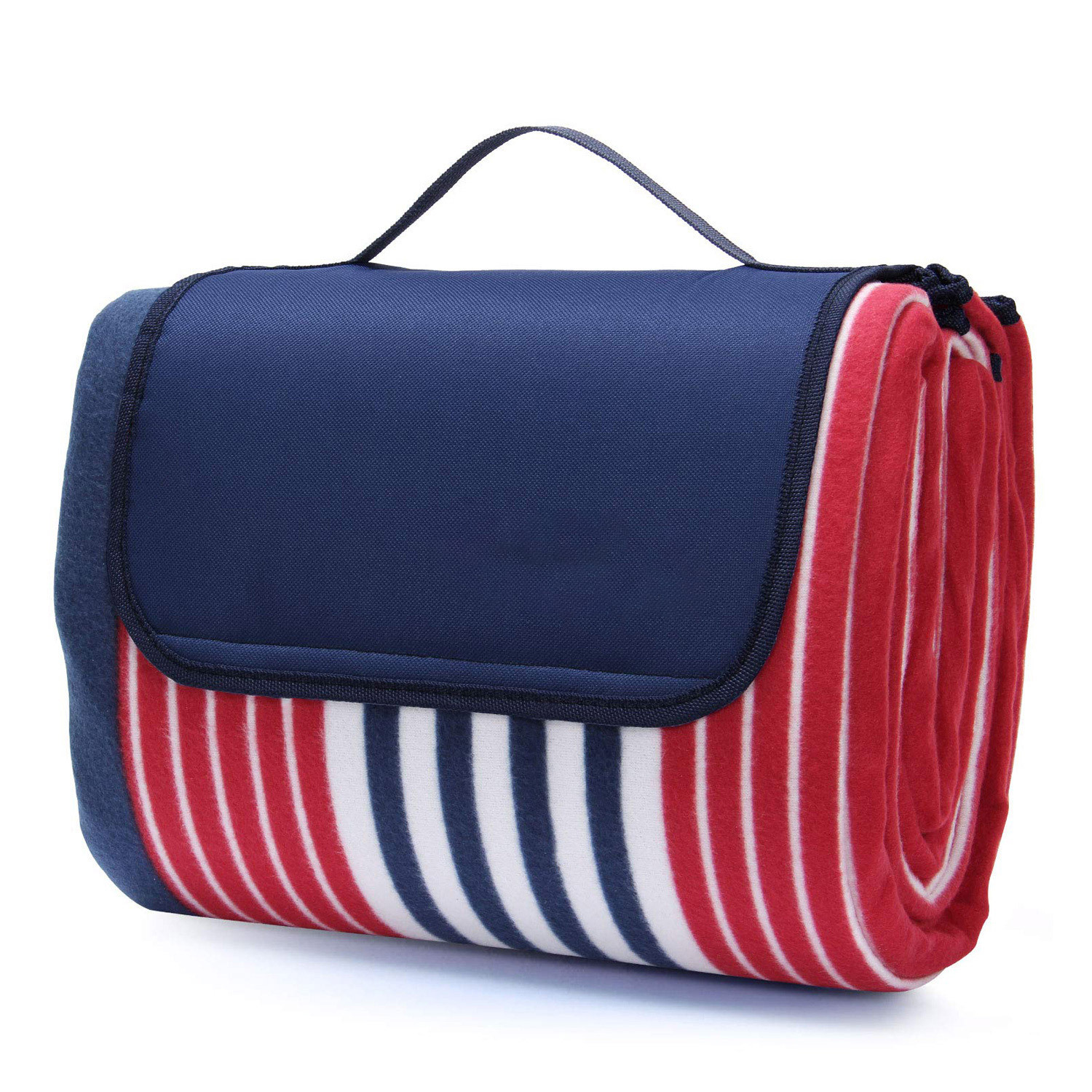 Suede picnic mat thickened outdoor camping moisture-proof tent mat picnic cloth
Suede picnic mat thickened outdoor camping moisture-proof tent mat picnic cloth
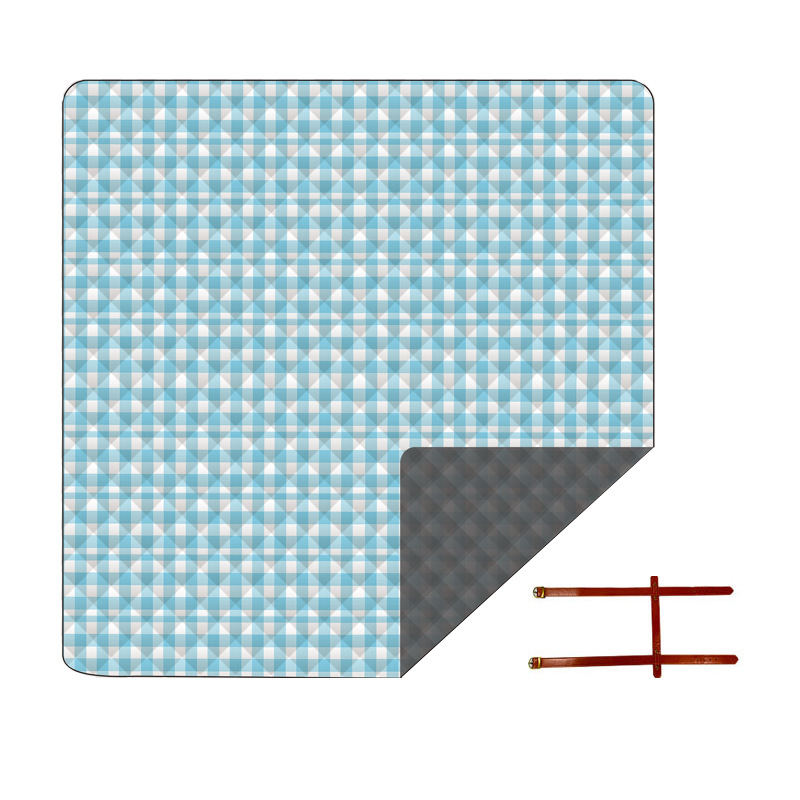 2 * 2m picnic mat thickened outdoor moisture-proof mat
2 * 2m picnic mat thickened outdoor moisture-proof mat

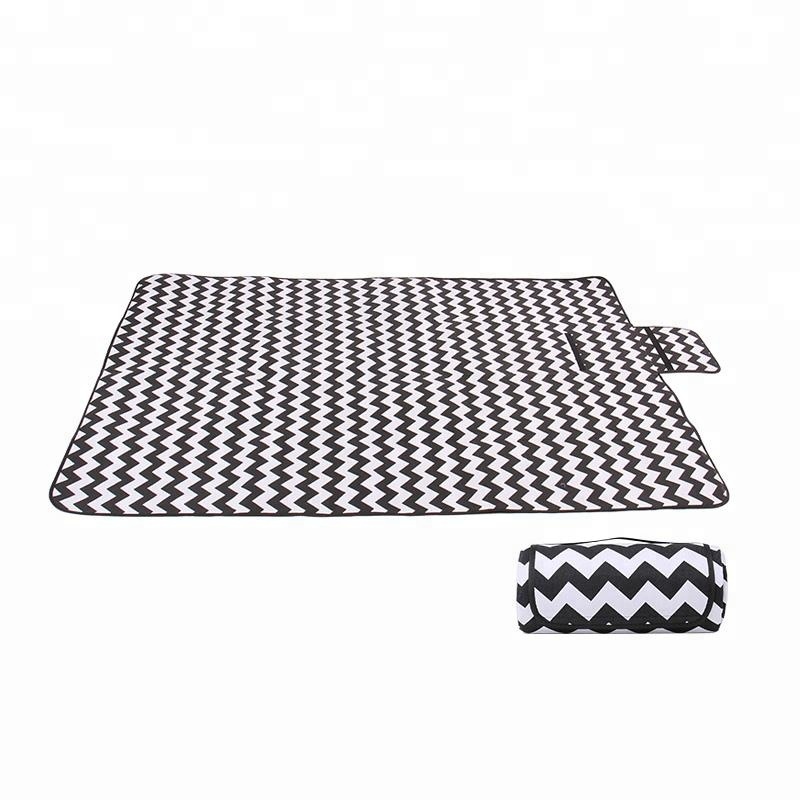 Camping Foldable Canvas Beach Mat - Waterproof Picnic Blanket
KSC-PM9032
Camping Foldable Canvas Beach Mat - Waterproof Picnic Blanket
KSC-PM9032

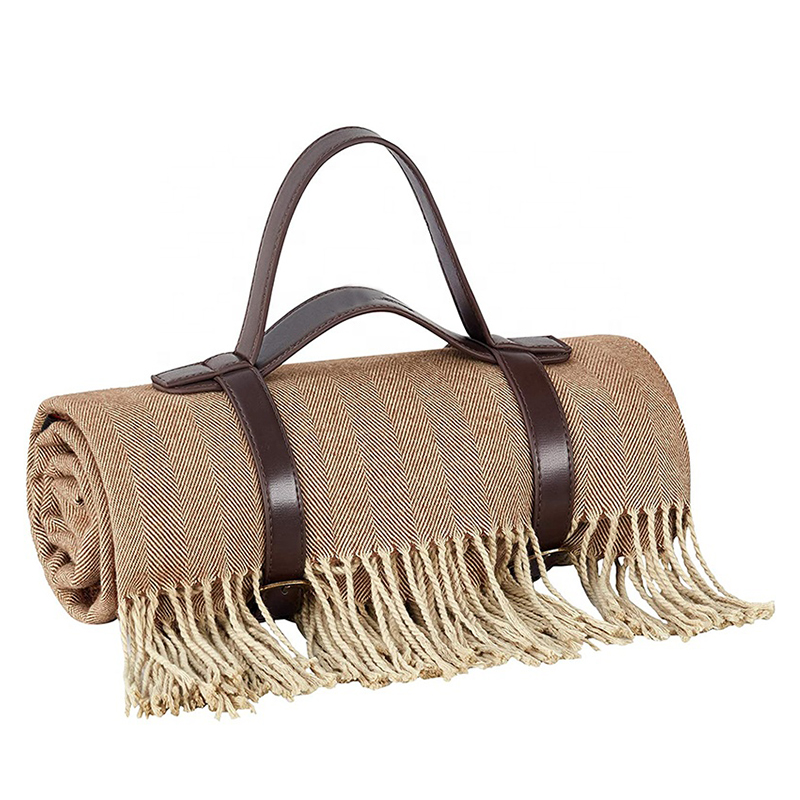 Portable Eco Tassel Picnic Rugs
KSC-PM9011
Portable Eco Tassel Picnic Rugs
KSC-PM9011
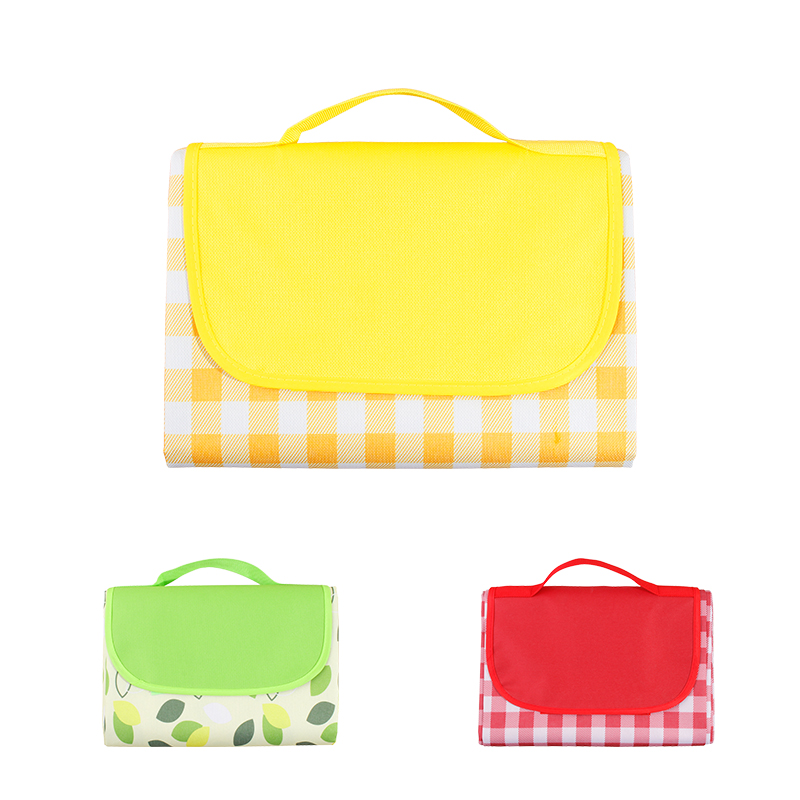 Multicolor Camping Picnic Mat - Waterproof Outdoor Picnic Blanket
KSC-PM9026
Multicolor Camping Picnic Mat - Waterproof Outdoor Picnic Blanket
KSC-PM9026
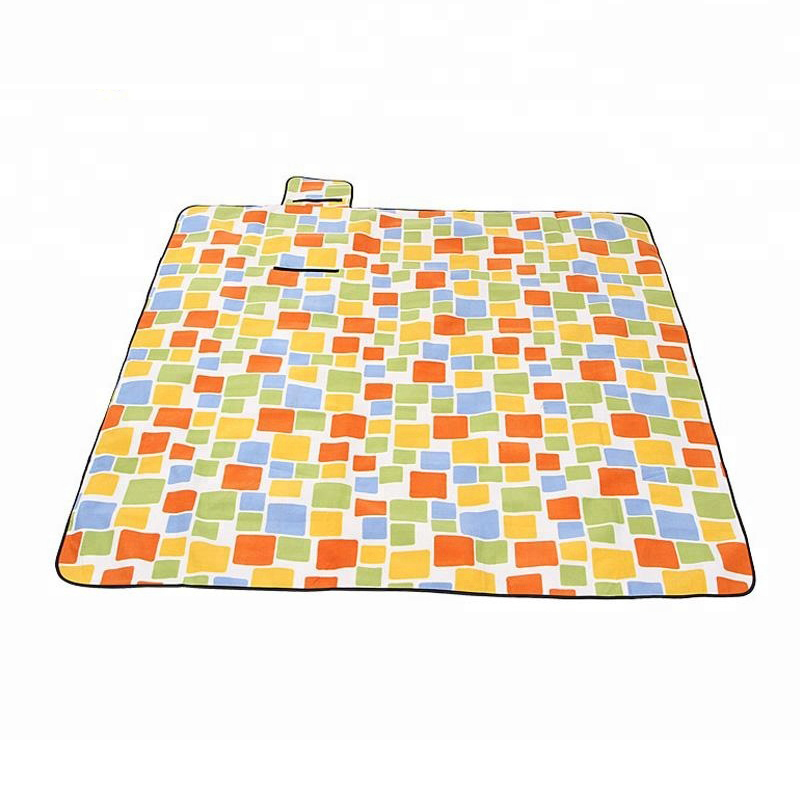 Waterproof Outdoor Camping Aluminum Foil Picnic Mat
KSC-PM9030
Waterproof Outdoor Camping Aluminum Foil Picnic Mat
KSC-PM9030
Camping offers a unique opportunity to escape many modern conveniences and enjoy being closer to nature. This doesn't mean giving up the comforts of sleep and rejuvenation. With the right equipment and preparation, we can sleep peacefully and enjoy the starry night sky and fresh air.
Sleeping tips for campers:
1. Outdoor sleeping equipment
Sleeping bag: Choose a sleeping bag that fits the style and temperature rating of your destination.
Car camping bags are usually cut wider to provide more rolling space (good for comfort), but less efficient at maintaining body temperature (not so good on particularly cold nights). Some rectangular styles can be unzipped and used as a comforter on milder nights.
Backpacks are mummy-shaped, more snug, warmer, and often lighter in weight. Many are filled with goose down or duck down, which compress more easily than synthetic fillings.
Sleeping pads: There are three types of sleeping pads - self-inflating, air, and closed-cell foam. When car camping, weight is not an issue, so you can enjoy a thicker, wider pad or mattress for comfort. When backpacking, weight is critical, so an ultralight air or closed-cell pad may be your best choice.
Pillow: Bring one from home or use a small foam or inflatable camping pillow. Some sleeping bags have a pocket for a pillow or folded up clothes such as a down jacket or fleece...
Eye masks and ear plugs: Eye masks are especially useful when camping in the summer in northern latitudes or in campgrounds with ambient light. Ear plugs can block or at least suppress a variety of noises, from the snoring of your tent mates to the rustling of the bushes.
(1) Choose a suitable tent site. Make sure to pitch your tent on a flat, durable surface free of sticks, rocks and pine cones.
(2) Keep a light on hand. Campers are often surprised by how dark it feels outdoors at night. Wear a headlamp or carry a flashlight with you. As soon as you set up your tent, hang a small LED light inside so you can turn it on when you're ready to sleep. Some tents are now equipped with built-in LED lights that give off a soft glow.
(3) Repeat a familiar routine: If brushing your teeth is the last thing you do before you go home each night, do the same at camp (brush your teeth a long way from camp). The routine will trigger your sense of normalcy to other new environments. Familiar bedding at home usually reassures the children.
(5) Store all food and scented toiletries safely outside the tent. Food storage rules vary from park to park, and if you are backpacking, you may need a bear canister. Know what the rules are and follow them. Be careful not to get sloppy with food or garbage. If camping where bears are active, do not sleep in clothing that may absorb food odors.
(6) Change out of any dirty or sweaty clothes. A good sleepwear choice for camping is clean long underwear, tops and bottoms, plus clean socks.
(7) Pee twice before bed. Some campers, especially women, recommend going 20-30 minutes before bedtime and then again before getting into your sleeping bag. This can help prevent midnight trips.
(8) Thirst: If you are prone to thirst at night, keep a water bottle next to your sleeping bag.
(9) Night noise: Some novice campers lie there anxiously listening to every little sound outside the tent. It's wonderful to hear the owl, but not so wonderful to think you're hearing a bear. Remember, critters sound big at night, so try to relax. If you have properly stored your food, you should be fine, or grab earplugs if you need them.
How to stay warm at night
On a warm night, you may not even need to zipper up your sleeping bag. Campers usually tuck their feet into the footbox of their bag and then cover the bag over them. If you are looking forward to warm nights, bring sheets and/or thin blankets from home. This may be just what you need.
For camping in cold weather, or if you are a cold sleeper, these tips will help you stay warm.
Eat a meal or snack before bed. The digestive process warms you up internally, which generates the heat needed for a comfortable night's sleep.
Drink a warm, non-alcoholic beverage before jumping into the sack. (Alcohol dilates blood vessels and stimulates heat loss.)
If you feel cold when you first enter your pack, wear a warm knitted hat. If you get too hot, you can easily pull it off at night.